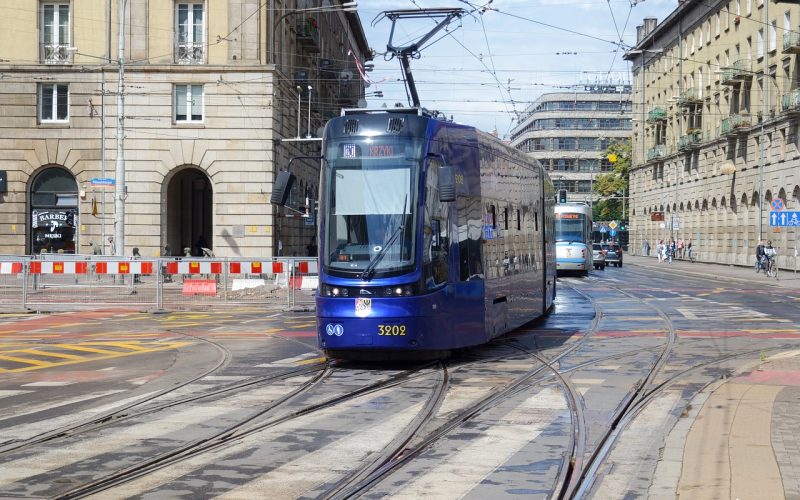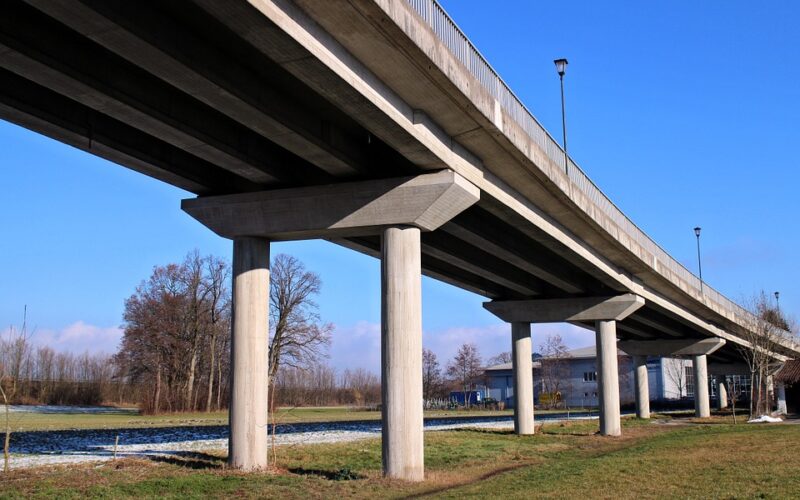Economic growth in towns hinges on several factors, but among the most critical is the presence of good, reliable, and affordable transport. Efficient transport networks facilitate not only movement but also influence the broader economic landscape, impacting job creation, business growth, and the overall quality of life.
Facilitates trade and commerce
At the heart of any thriving economy is seamless trade and commerce. Transport systems enable the efficient movement of goods between producers, wholesalers, and retailers, ensuring that products reach their markets promptly. This efficiency lowers costs, reduces delays, and improves business profitability. Reliable transport also attracts businesses to towns, knowing they can move goods and services effectively, thus creating more job opportunities and stimulating local economies.
Enhances workforce mobility
A well-structured transport network expands access to employment opportunities by connecting residential areas with job centres. When people can travel easily and affordably, they can pursue job opportunities further from their homes, resulting in a more diverse and skilled workforce. This increased mobility contributes to reduced unemployment rates and supports the development of a dynamic labour market, which is critical for sustained economic growth.
Attracts investment and tourism
Cities and towns that boast efficient transport infrastructure are more attractive to investors and tourists alike. Investors seek locations with minimal logistical challenges, and a town with well-maintained roads, public transport options, and connectivity to major hubs presents lower risks and higher returns. Additionally, tourists are likelier to visit destinations where they can move around easily, boosting local businesses such as hotels, restaurants, and attractions. This influx of investment and tourism dollars can significantly boost a town's economy.
Reduces congestion and environmental impact
Effective transport systems can alleviate traffic congestion, a significant impediment to productivity and economic growth. By providing alternatives to private car use, such as efficient public transport, towns can reduce the time residents spend commuting and the adverse environmental impacts associated with congestion. This reduction in traffic not only enhances the quality of life but also ensures that businesses can operate more efficiently, with timely deliveries and lower transportation costs.
Fosters social inclusion and community development
Transport systems play a vital role in fostering social inclusion by providing access to essential services such as healthcare, education, and recreation. Affordable and reliable transport options ensure that all community members, regardless of income or location, can participate in economic and social activities. This inclusivity promotes a more cohesive community and supports the development of a robust, resilient local economy.
Encourages sustainable development
Investing in transport infrastructure with a focus on sustainability can drive long-term economic growth. By prioritising eco-friendly transport options such as electric buses, cycling lanes, and pedestrian zones, towns can reduce their carbon footprint and attract environmentally conscious businesses and residents. Sustainable transport solutions contribute to a healthier environment and pave the way for future innovations and technologies, securing economic prosperity for generations.
Good, reliable, and affordable transport is a linchpin of economic growth in towns. It facilitates trade, enhances workforce mobility, attracts investment, reduces congestion, fosters community development, and encourages sustainable practices. Investing in transport infrastructure is an investment in economic resilience and prosperity, and towns that prioritise these systems are well-positioned to thrive in an increasingly interconnected and competitive world.





















